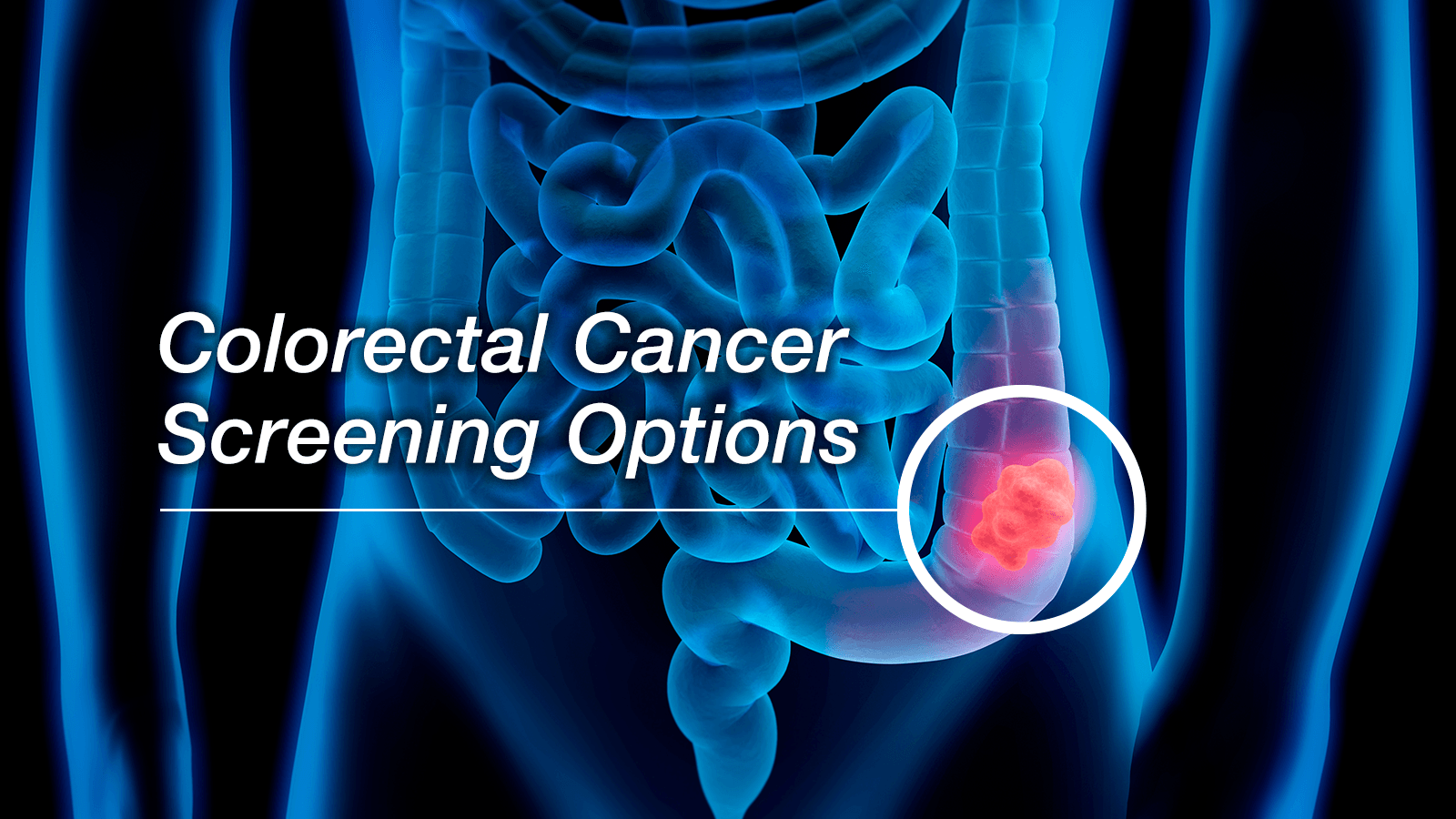Colon Cancer Screening
Colon Cancer Screening
Colon cancer, also known as colorectal cancer, is one of the most common types of cancer affecting both men and women. It begins in the colon or rectum and often develops slowly over several years. Most colon cancers start as small, noncancerous growths called polyps, which can turn into cancer if left untreated.
Early detection through colon cancer screening is the most effective way to prevent the disease or catch it in its earliest, most treatable stages. With advancements in medical technology and expert care from specialists like Dr. Harshad V. Joshi, Gastroenterologist in Mumbai, patients can undergo safe, accurate, and minimally invasive screening tests.

Why is Colon Cancer Screening Important?
- Detects Cancer Early: Screening can identify colon cancer before symptoms appear.
- Prevents Cancer: By finding and removing polyps during screening, the chances of cancer developing are greatly reduced.
- Improves Survival Rates: Early-stage colon cancer is far more treatable and has higher survival rates.
- Recommended for Everyone: Even if you feel healthy, colon cancer screening is vital, especially after the age of 45 or earlier if you have risk factors.
Who Should Get Screened?
You may need colon cancer screening if you fall into any of these categories:
- Age Factor: Adults aged 45 and older should undergo routine screening.
- Family History: Those with close relatives who had colon cancer or polyps.
- Medical Conditions: Patients with Inflammatory Bowel Disease (IBD), Crohn’s disease, or ulcerative colitis.
- Genetic Predisposition: Families with inherited syndromes such as Lynch syndrome or Familial Adenomatous Polyposis (FAP).
- Lifestyle Factors: Obesity, smoking, excessive alcohol intake, and low-fiber diet increase risk.
Common Symptoms That May Indicate the Need for Screening
Although colon cancer often develops silently, some warning signs include:
- Persistent changes in bowel habits (diarrhea, constipation, or narrowing of stool)
- Rectal bleeding or blood in stool
- Unexplained weight loss
- Chronic fatigue or weakness
- Abdominal pain, bloating, or discomfort
If you notice any of these symptoms, consult Dr. Harshad Joshi for a thorough evaluation.
Types of Colon Cancer Screening
Dr. Harshad Joshi offers multiple screening options based on your age, risk factors, and overall health:
- Colonoscopy
- Considered the gold standard for colon cancer screening.
- Allows direct visualization of the colon and removal of polyps during the same procedure.
- Recommended every 10 years for average-risk adults.
- Recommended every 10 years for average-risk adults.
- Flexible Sigmoidoscopy
- Examines the rectum and lower part of the colon.
- May be combined with stool testing.
- May be combined with stool testing.
- Fecal Occult Blood Test (FOBT) / Fecal Immunochemical Test (FIT)
- Detects hidden blood in stool samples.
- Non-invasive and easy to perform, but positive results may require colonoscopy.
- Detects hidden blood in stool samples.
- Stool DNA Test
- Identifies abnormal DNA linked to colon cancer in stool samples.
- Identifies abnormal DNA linked to colon cancer in stool samples.
- CT Colonography (Virtual Colonoscopy)
- A minimally invasive imaging test using CT scans to examine the colon.
Benefits of Early Screening
- Prevents colon cancer before it develops.
- Detects cancer at a stage when it is most treatable.
- Reduces the need for complex treatments like surgery or chemotherapy.
- Saves lives by lowering colon cancer-related deaths.
Book Your Session Today
Early detection saves lives. Colon cancer screening is one of the most effective ways to prevent and treat colon cancer before it becomes life-threatening.
If you are over 45 or have risk factors for colon cancer, don’t delay your screening. Schedule a consultation with Dr. Harshad V. Joshi – Gastroenterologist in Mumbai today and take a proactive step towards protecting your health.
Book an AppointmentFrequently Asked Questions (FAQs)
Most people should begin screening at age 45. Those with higher risk factors may need to start earlier.
For average-risk individuals, once every 10 years is recommended. If polyps are found, more frequent screenings may be required.
Colonoscopy is performed under sedation, so patients usually experience little to no discomfort.
Yes, removing polyps during screening significantly lowers the risk of developing colon cancer.
Eating a high-fiber diet, exercising regularly, avoiding smoking, limiting alcohol, and maintaining a healthy weight all help reduce risk.
